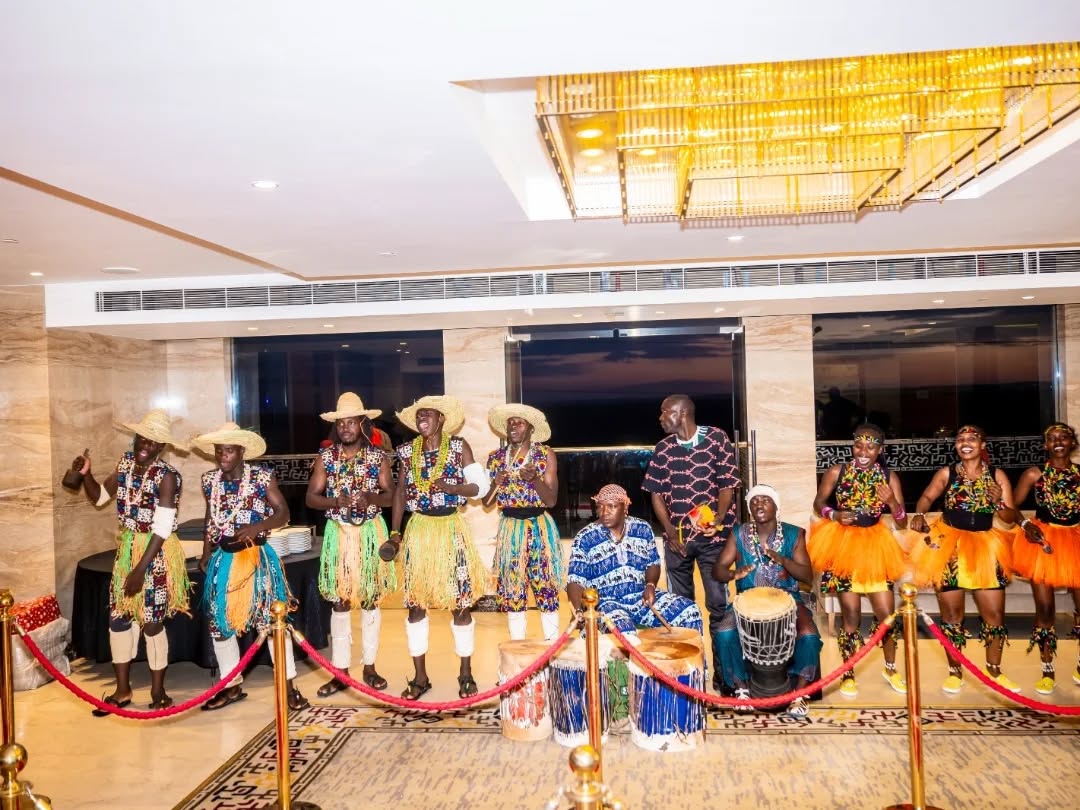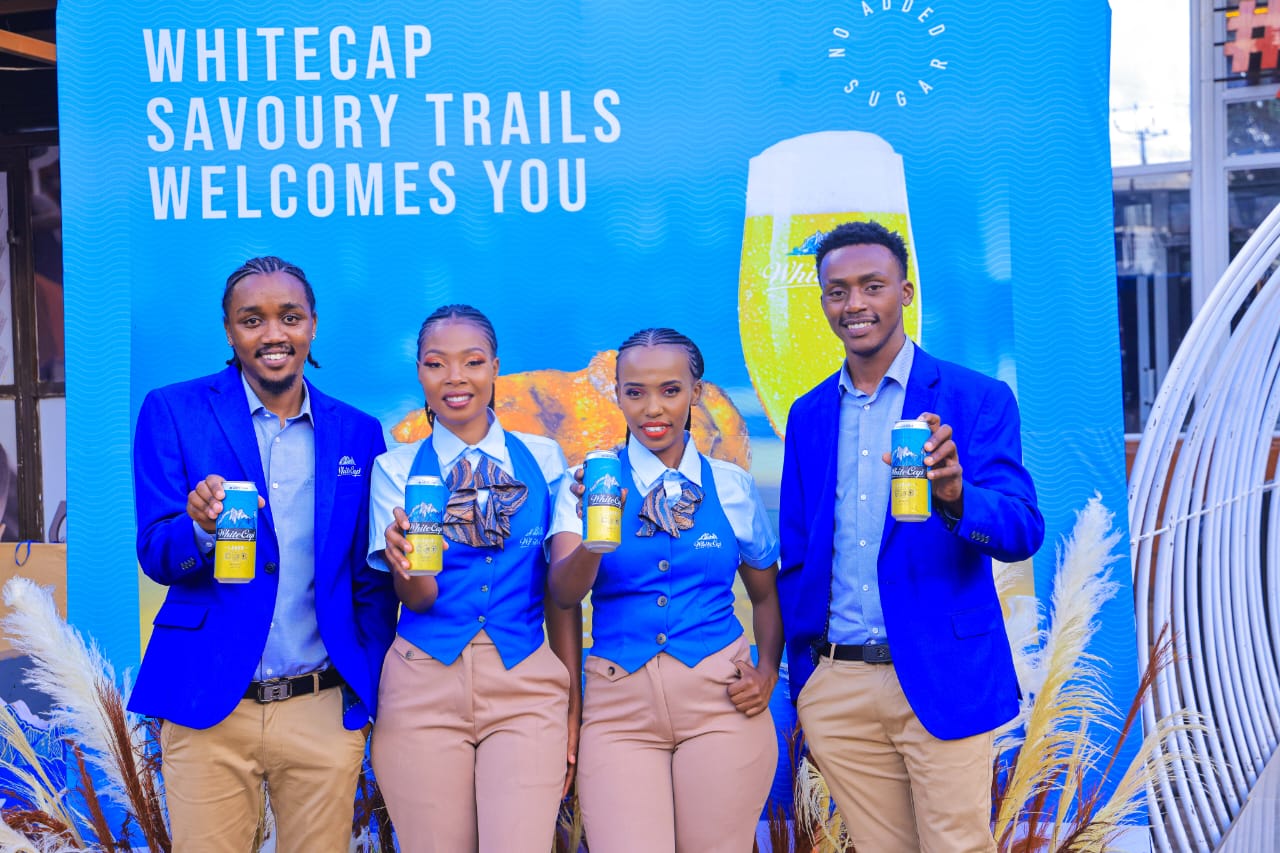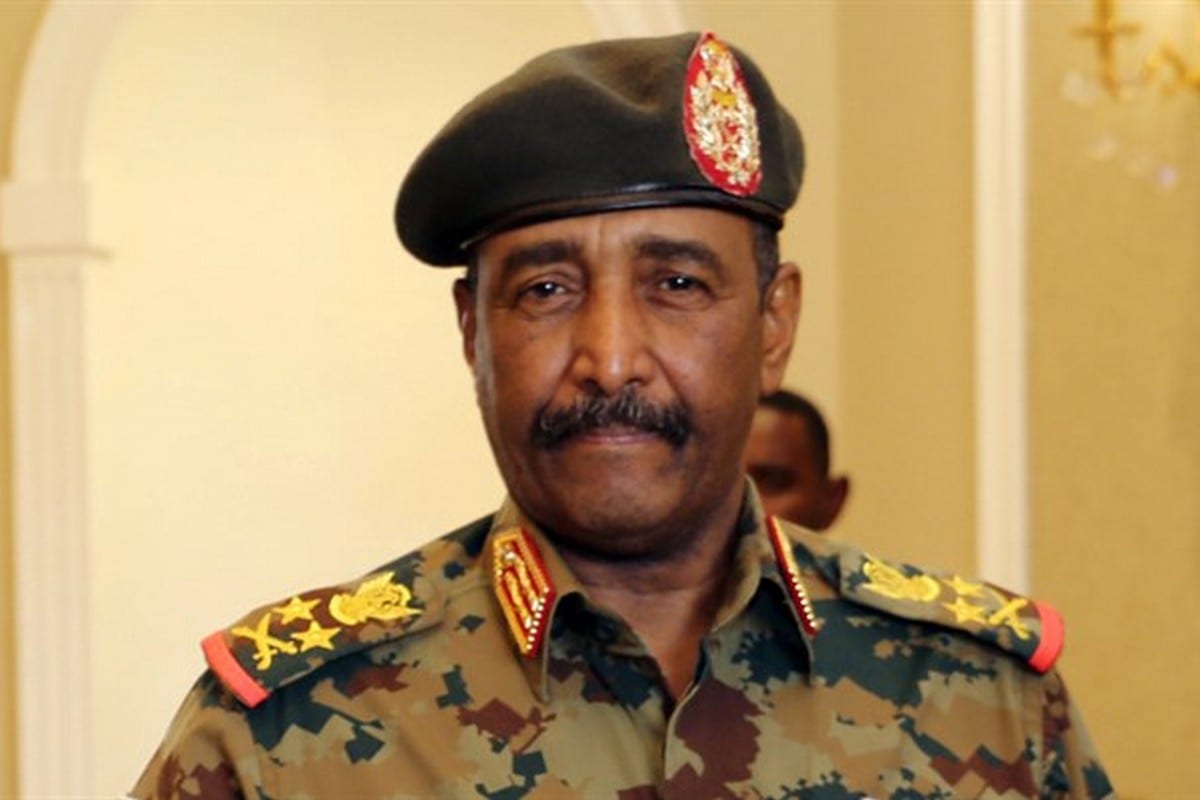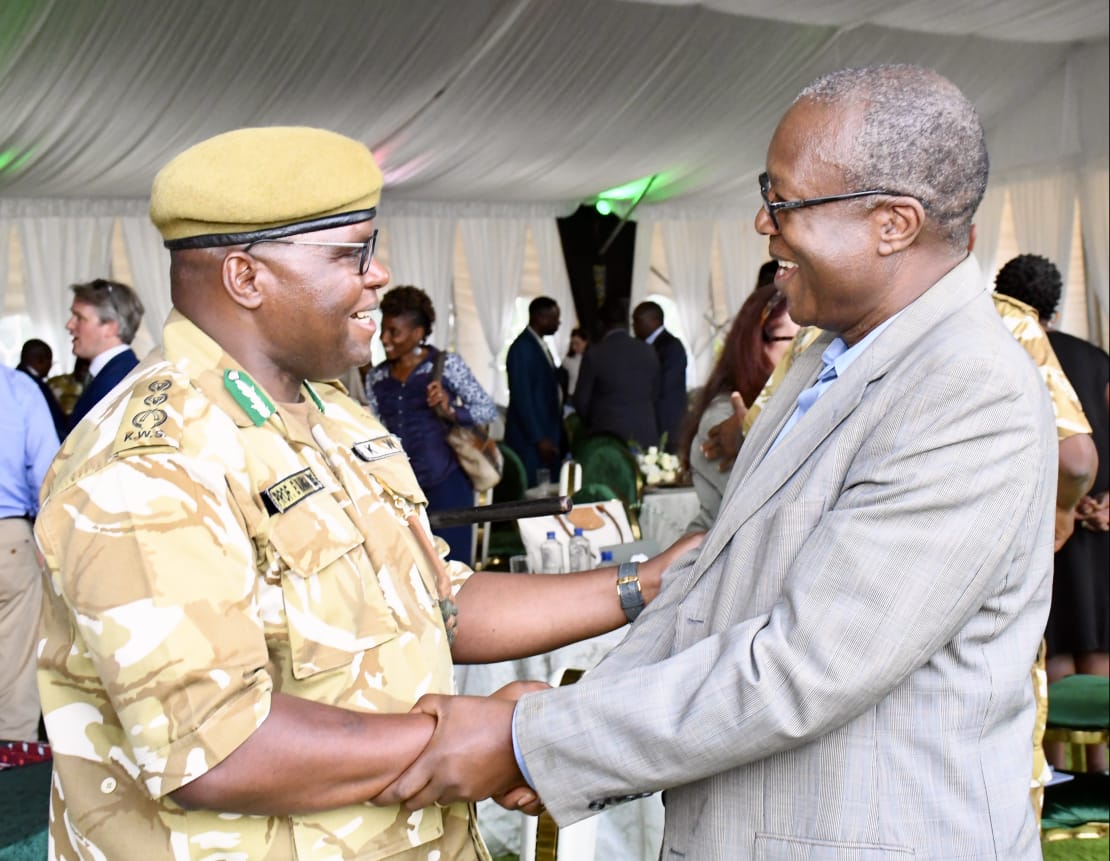
By Dennis Muritu
The Kenya Wildlife Service (KWS) today hosted a significant Conservation Partners’ Forum at the historic Ivory Burning Site within Nairobi National Park, marking a pivotal moment in the ongoing efforts to protect Kenya’s rich biodiversity.
The gathering brought together key stakeholders, including government officials, prominent wildlife advocates, and leading conservationists, to strategize and strengthen collaborative approaches to conservation.
The forum served as a platform for in-depth discussions on critical conservation challenges, with experts exchanging knowledge and strategies to combat poaching, mitigate habitat loss, and address the increasing issue of human-wildlife conflict.
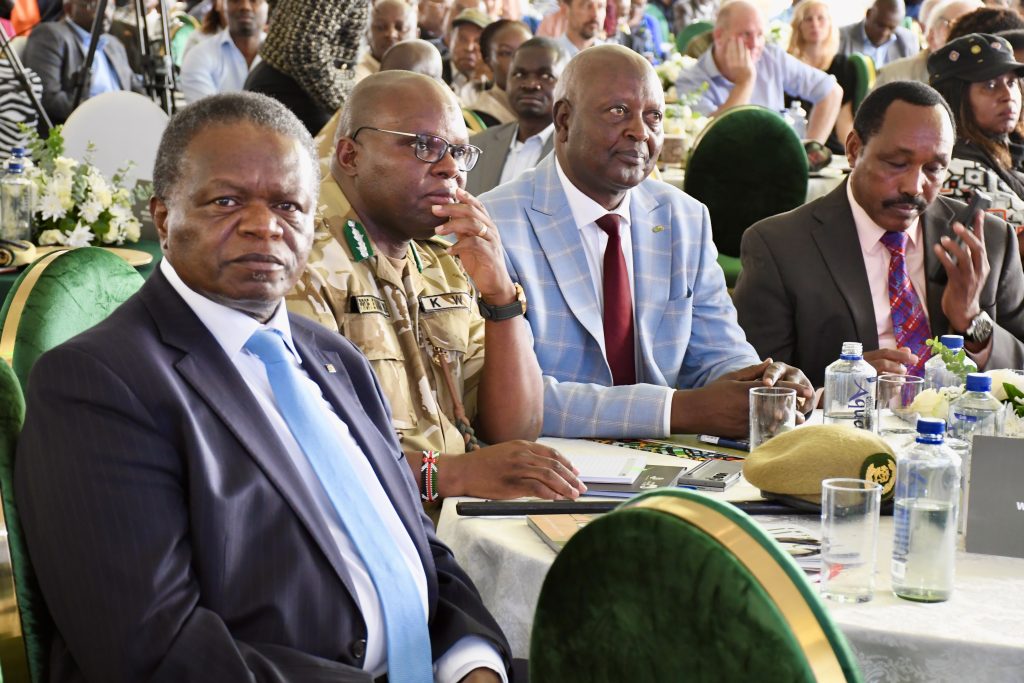
Participants emphasized the importance of unified action in safeguarding Kenya’s natural heritage.
In addition to strategic discussions, KWS also presented a comprehensive overview of the progress achieved in the first nine months of its ambitious 2024-2028 Strategic Plan.
The report highlighted notable successes and ongoing initiatives aimed at enhancing wildlife protection and management across the country.
Delivering the keynote address, KWS Director General Erustus Kanga underscored the collective responsibility in preserving Kenya’s wildlife. He lauded the dedication of rangers, scientists, communities, and partner organizations for their invaluable contributions to conservation success.
“Our conservation story is written daily – by rangers on patrol, scientists in labs, communities living alongside wildlife, and partners who stand with us,” Prof. Kanga stated.
He further highlighted several key achievements:- Elephant Population Recovery: The elephant population in the Tsavo ecosystem has surpassed 15,000, reaching a milestone not seen since the 1970s.
Rhino Protection Success: The Ngulia Rhino Sanctuary has recorded zero rhino poaching incidents in the last quarter, a testament to intensified anti-poaching efforts.
Improved Rhino Translocation: Enhanced veterinary protocols have significantly reduced mortality rates during rhino translocations.
Ranger Housing Initiative: 500 new ranger housing units have been completed, although an additional 3,000 are still needed to adequately accommodate field personnel.
Prof. Kanga also outlined significant strategic milestones achieved by KWS, including the training of 1,274 rangers, construction of 122 km of game-proof fences, conducting 2,000 elephant drives, installation of 71 Starlink satellite networks for improved communication, achieving 100% customer onboarding for KWS’s 29 services, and the relocation of 77 elephants and 25 rhinos.
KWS is increasingly leveraging innovative technologies, such as the Earth Rangers real-time tracking system, to disrupt poaching activities and minimize human-wildlife conflicts.
The upgrade of the Meru-Mulika Airstrip was cited as a successful example of how conservation efforts can drive job creation and promote coexistence between communities and wildlife.
A highlight of the forum was the premiere of the highly anticipated documentary, ‘Tsavo: A Moment in Time,’ by renowned conservationist Simon Trevor. The film offers a compelling glimpse into the rich wildlife legacy of the Tsavo ecosystem.
Following its Kenyan debut on NTV, the documentary is set to tour East Africa before reaching a global audience, raising awareness about the importance of conservation.
Looking ahead, Prof. Kanga urged partners to continue their support in critical areas such as expanding rhino sanctuaries, modernizing ranger equipment, securing vital wildlife corridors, and strengthening veterinary services.
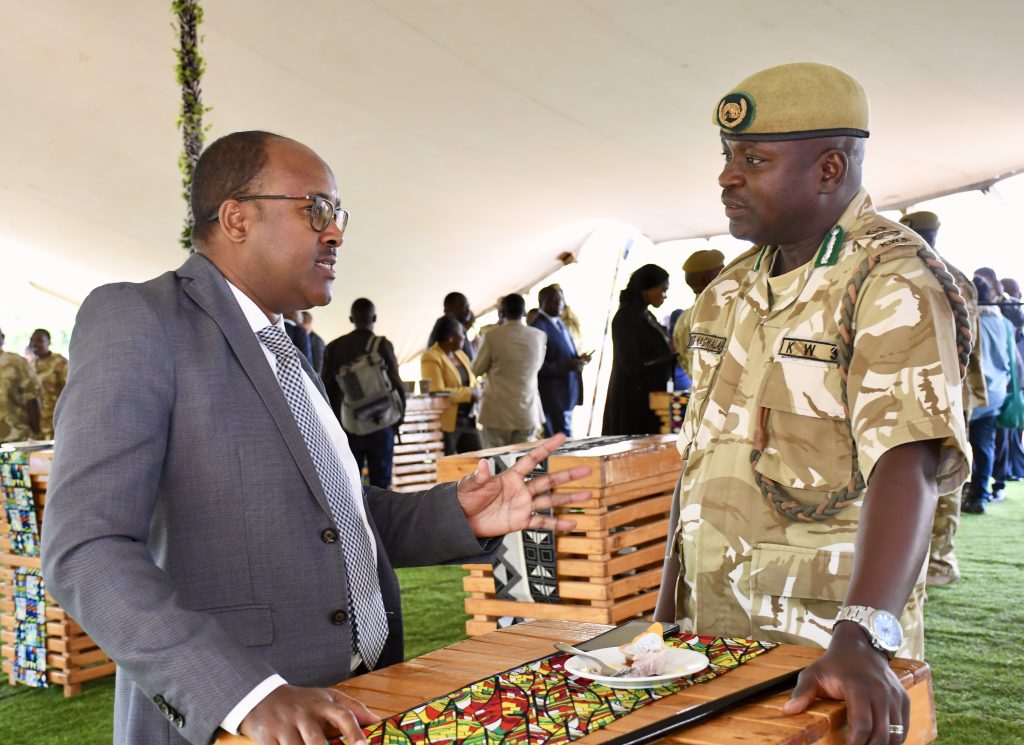
He also acknowledged emerging challenges facing the conservation sector, including increasing encroachment on wildlife habitats, declining wildlife numbers in certain areas, and reduced donor funding, citing the example of USAID.
“Conservation has never been a solo mission,” Prof. Kanga emphasized. “The Tsavo documentary poignantly illustrates what we can achieve when we unite for the sake of our wildlife and future generations.”
The event was attended by a distinguished gathering, including former KWS Director Nehemiah Rotich, KWS Board Chair Lt. Gen. (Rtd.) Walter Koipaton, senior government officials, and dedicated KWS staff, all of whom reaffirmed their unwavering commitment to preserving Kenya’s invaluable natural heritage.
In his closing remarks, Prof. Kanga left attendees with a powerful message: “Extinction is permanent – but so is legacy. The choices we make now will determine whether future documentaries celebrate our foresight or mourn our inaction.”


